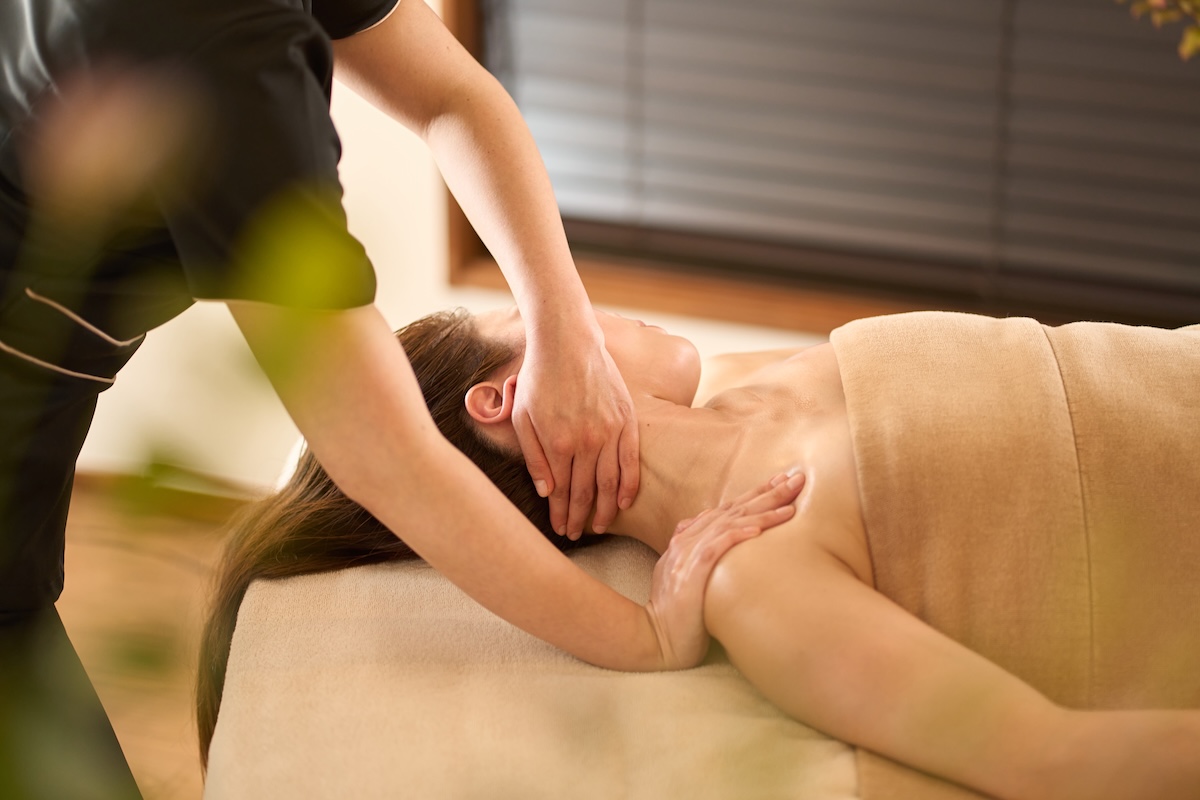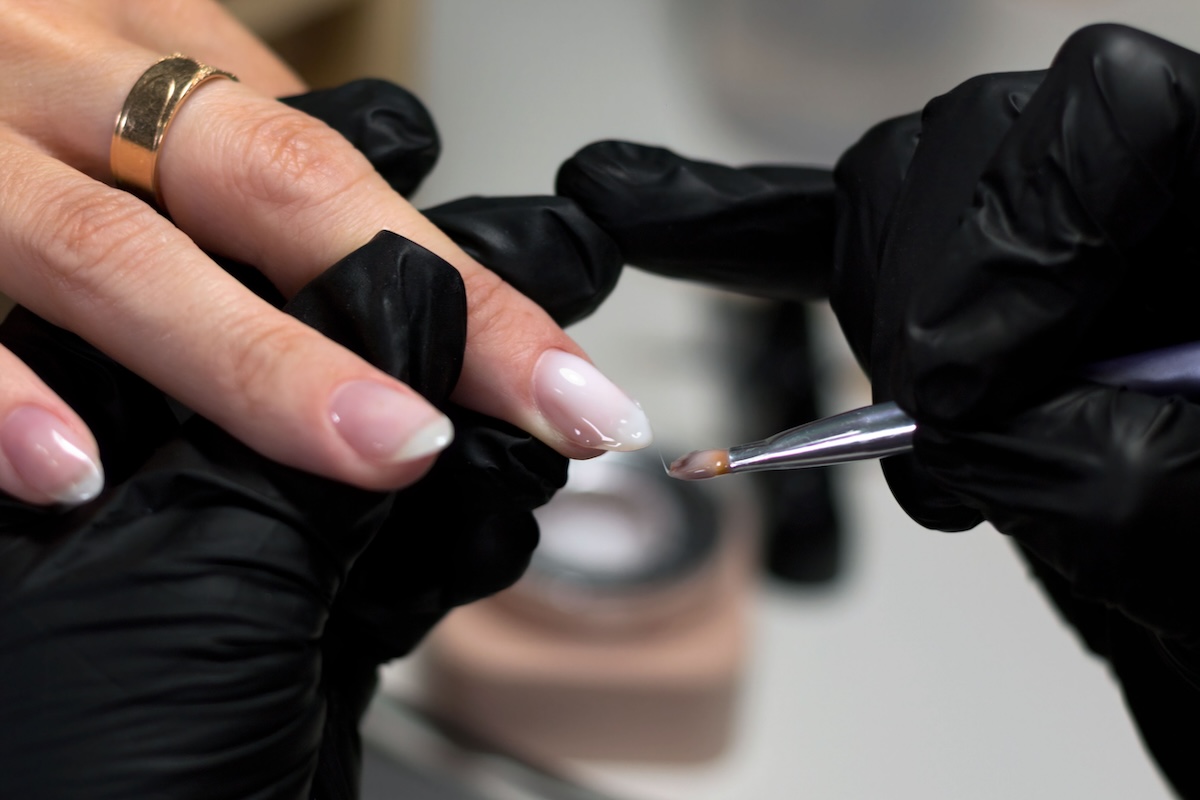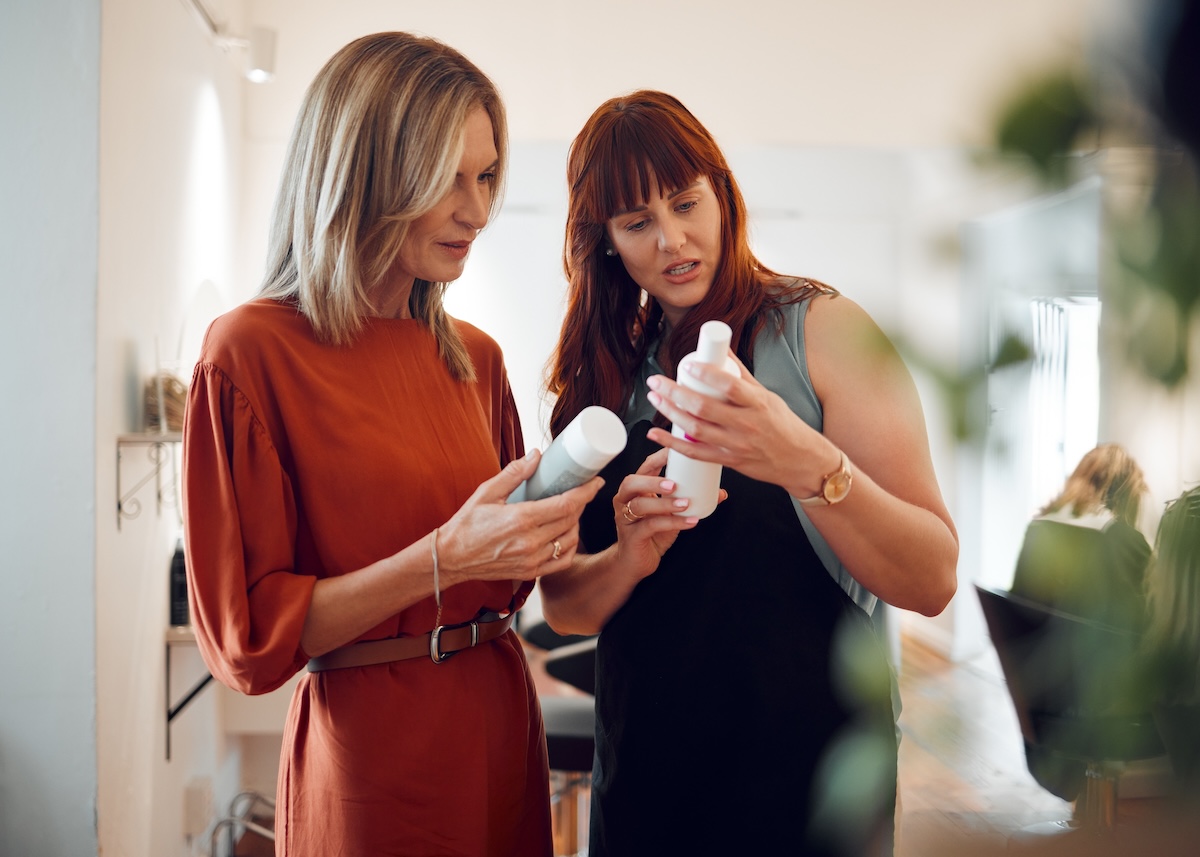Expert tips from salon owners and recruiters on how to impress and land your dream role
Trade tests are one of the most important stages in the recruitment process for beauty therapists. They give employers a chance to see your practical skills in action, and give you the opportunity to show your professionalism, communication and passion for the job.
To help you prepare, we asked the industry experts for their advice on how to stand out in a beauty trade test.
What is a trade test?
A trade test is more than just a technical skills check – it’s your chance to showcase who you are as a therapist.
As Bonnie Platts, co-director of AB Beauty Recruitment and Consultancy, explains, “A trade test is used to test your practical ability and to gauge your skill set following a successful verbal interview.
“Not only will it allow your potential employer to get to know you better, it’s also your opportunity to showcase yourself and your skills.”
For salon owners, trade tests are equally important. Kelly Shaw, salon business coach and founder of award-winning salon k:SPA, says, “Trade tests remain one of the most important stages of recruitment because they show the human side of the therapist.
“I’m not really looking for polished skills, I’m looking at attitude, professionalism and how they interact.
“Those qualities are more important than technique when it comes to building a strong team and a trusted client experience.”
How to prepare for a trade test
Preparation is key to making a great impression.
According to Platts, “First impressions are important, so arriving early, dressing smartly and having that all-important smile and confidence will start your interview and trade test on the right foot.
“Make sure you arrive looking professional, exactly as you would for a day at the salon.
“Wear a clean, smart uniform and appropriate shoes, have short nails, natural-looking makeup and your hair neatly out of your face.”
But beyond appearance, research and mindset matter too. Shaw advises, “Think of it like this: you’re not just preparing for a trade test, you’re preparing to show who you are as a therapist.
“Spend time looking at the salon’s treatment menu, ethos and social media so you can reflect that in your approach.
“Practice your core treatments as though you’re guiding a client through the full experience.
“And if you have testimonials, training feedback, or examples of your work, bring them. It’s a great way to show both your skills and your commitment.”

Staying calm and confident
Almost every therapist feels nervous before a trade test, but the key is to channel those nerves positively.
“Don’t aim to get rid of nerves, work with them,” says Shaw. “Everyone feels pressure in a trade test, even experienced therapists.
“The key is to slow down, breathe, and remember that the employer isn’t looking for a robot, they’re looking for a real person who can connect with clients.
“Show your professionalism, keep your energy positive, and let your passion for the job shine through.”
What to do during a trade test
The test itself should be treated as if you were looking after a real client.
Platts explains, “Treat the trade test as a real client experience and remember to communicate with the client/interviewer, ask questions, make eye contact, explain what you are going to do during the treatment and check for client comfort throughout.
“All the personal touches that you bring to the test will help you stand out from your competition.”
Even small details matter. Shaw adds, “It’s the thoughtful little touches that really make a therapist stand out.
“Checking comfort and pressure, noticing areas of tension and adapting your treatment, or offering clear aftercare advice show you’re thinking beyond the routine.
“Those small moments of initiative and care demonstrate professionalism and prove you’re focused on creating an experience, not just completing a trade test.”
And if something doesn’t go to plan? Don’t panic. “If something goes wrong, it won’t ruin your chances,” says Shaw.
“In fact, how you respond often tells an employer more than the mistake itself. Take a breath, correct it if you need to, and carry on.
“Staying present and keeping the client comfortable is what shows you’ve got the right mindset for the job.”

What employers are looking for
Every salon has slightly different requirements, but most employers will ask you to perform a range of treatments.
Platts explains, “You will generally be asked to carry out a few treatments to demonstrate how competent your skill set is.
“This will vary from salon to salon, but they will usually ask you to perform a wax, back, neck and shoulder massage, and a nail polish, usually with a dark colour or a French tip.”
Knowledge and professionalism are just as important as technique. Platts adds, “Make sure your interviewer is aware of your knowledge of the treatment you are performing.
“Use the correct names of muscles, explain how the treatment is going to help them, make sure the temperature of the wax is comfortable, and so on.
“Clients like knowledgeable therapists and employers want people who understand what they are doing.”
From a salon owner’s perspective, mindset and personality can be even more valuable than perfect skills.
“Attitude is the number one thing I look for,” comments Shaw. “Technical skills can always be taught, but I can’t teach someone to care about clients or to be a supportive team member.
“I want to see curiosity, willingness to learn, and a genuine desire to contribute to the salon’s success.”
Why communication and culture matter
Employers aren’t just assessing your technique, they’re also looking at how you interact with clients and fit into the salon team.
“Communication is where you can really stand out,” says Shaw. “You might be technically excellent, but if you can’t connect with a client, it won’t have the same impact.
“Employers notice when you listen, ask thoughtful questions, explain things simply, and check in on comfort throughout.
“Clients may forget the exact steps of a treatment, but they’ll always remember how you made them feel, and that’s what employers are looking for.”
She also emphasises cultural fit. “Clients feel the atmosphere of a salon the second they walk in, so every team member shapes that culture.
“Employers notice therapists who show they’re adaptable, collaborative, and interested in more than their own column of clients.
“Asking thoughtful questions about the team, listening carefully, and showing self-awareness tells me you’re someone who understands the bigger picture.”

Commercial awareness and aftercare
Trade tests are also about demonstrating that you can support the salon’s success.
As Shaw explains, “Commercial awareness shows you understand the bigger picture of salon life. It’s not about selling for the sake of it, it’s about recognising that every treatment is part of a client’s journey.
“When therapists naturally link what they see in the treatment to aftercare or future services, it tells me they’re thinking like part of the business, not just completing a task.”
Platts agrees that aftercare is vital. She says, “Once you have performed all your treatments, don’t forget the aftercare.
“You are treating this as a real client experience so make sure you offer a glass of water, recommend follow-on treatments and products to help and let them know when they need to book in for their next treatment.”
Viewing trade tests as part of your career journey
Whether you’re newly qualified or experienced, every trade test is an opportunity to grow.
“Think of every trade test as part of your learning curve,” says Shaw. “Even if you don’t get the job, you’ve gained experience in handling pressure, presenting yourself, and connecting with a potential employer.
“Each trade test adds another layer to your skill set and mindset, and that’s what creates long-term success in this industry.”
For those facing their very first trade test, she offers reassurance. “Your first trade test can feel daunting but remember, nobody expects you to know it all.
“What matters most is showing your enthusiasm, willingness to learn, and care for the client in front of you.
“Go in proud of what you’ve achieved so far, listen carefully and let your passion for the industry shine.”
You might also like:



11square.12square.53square.jpg)
